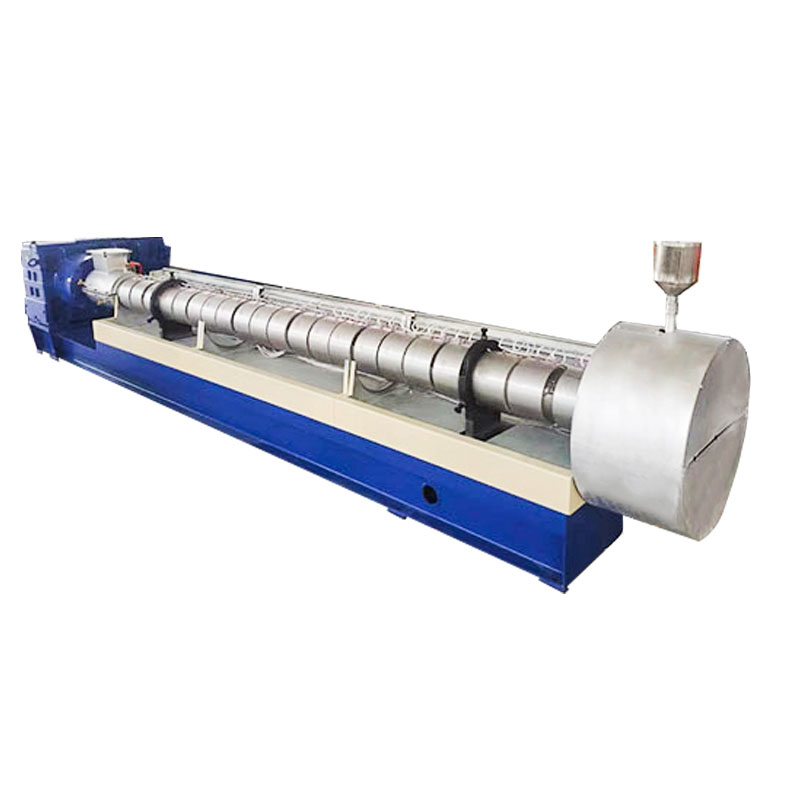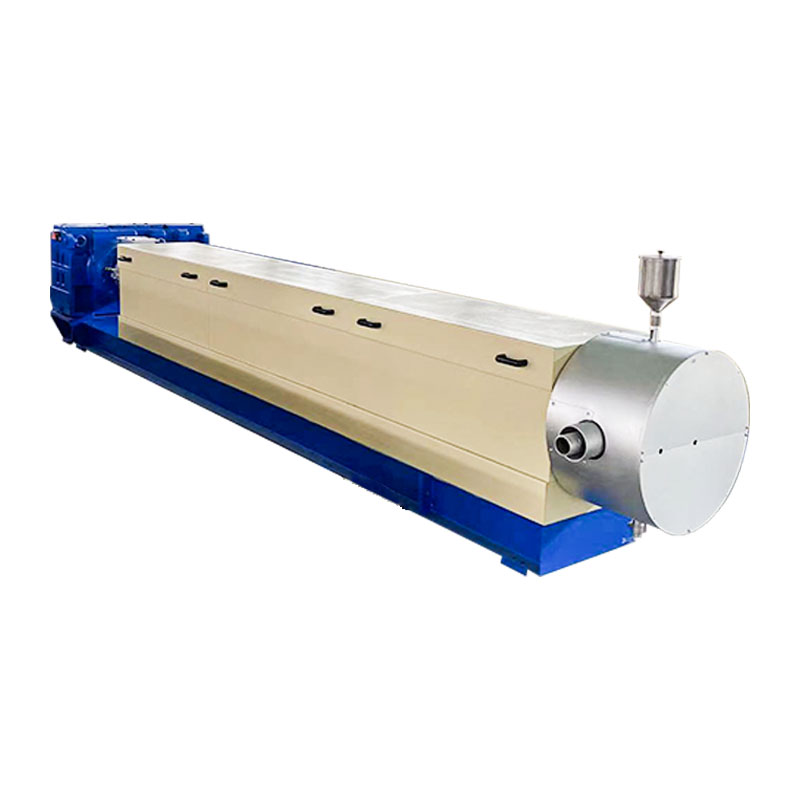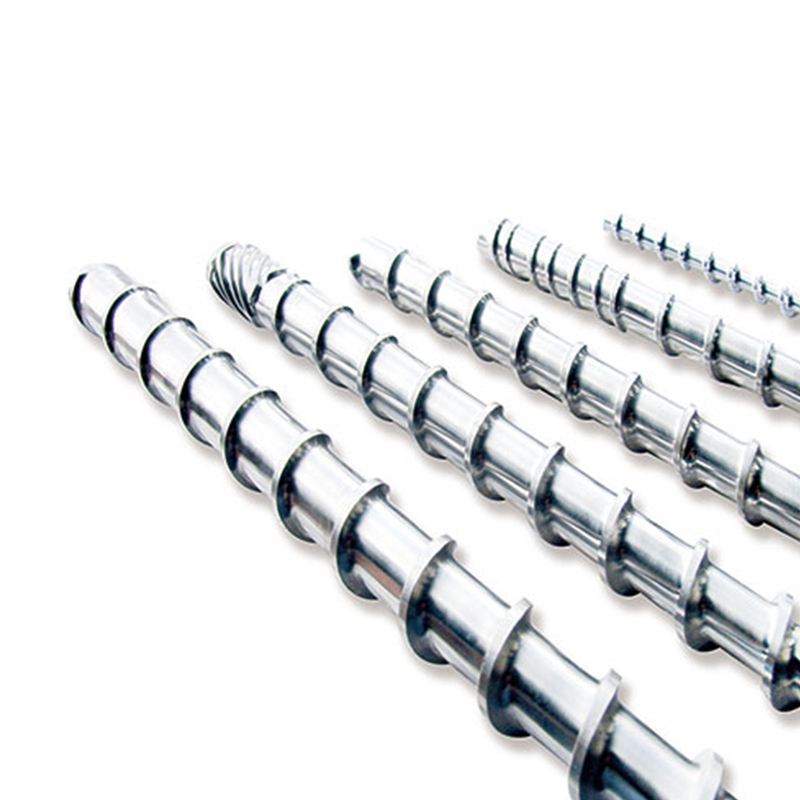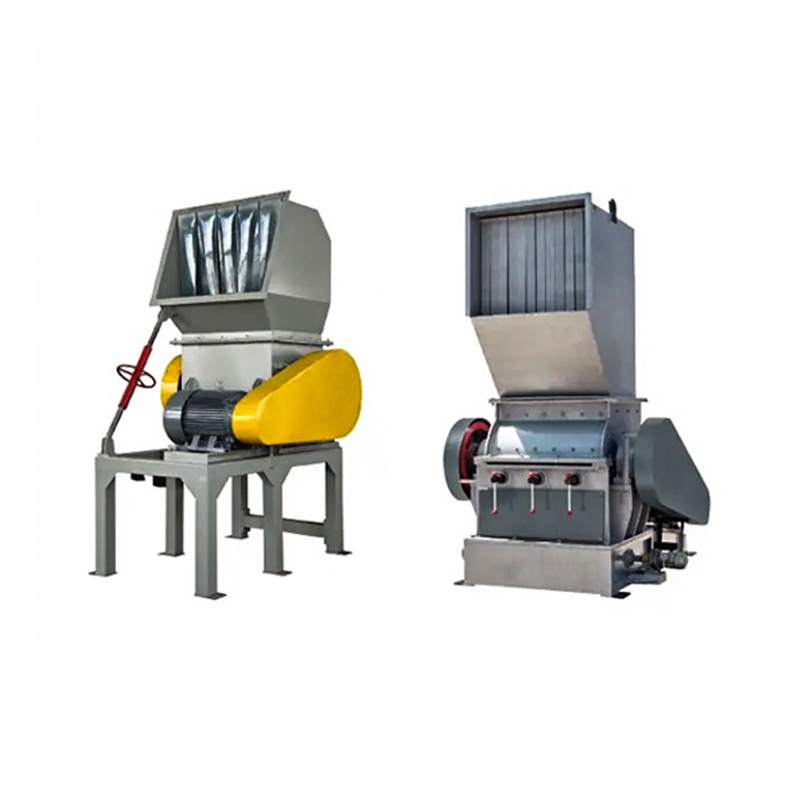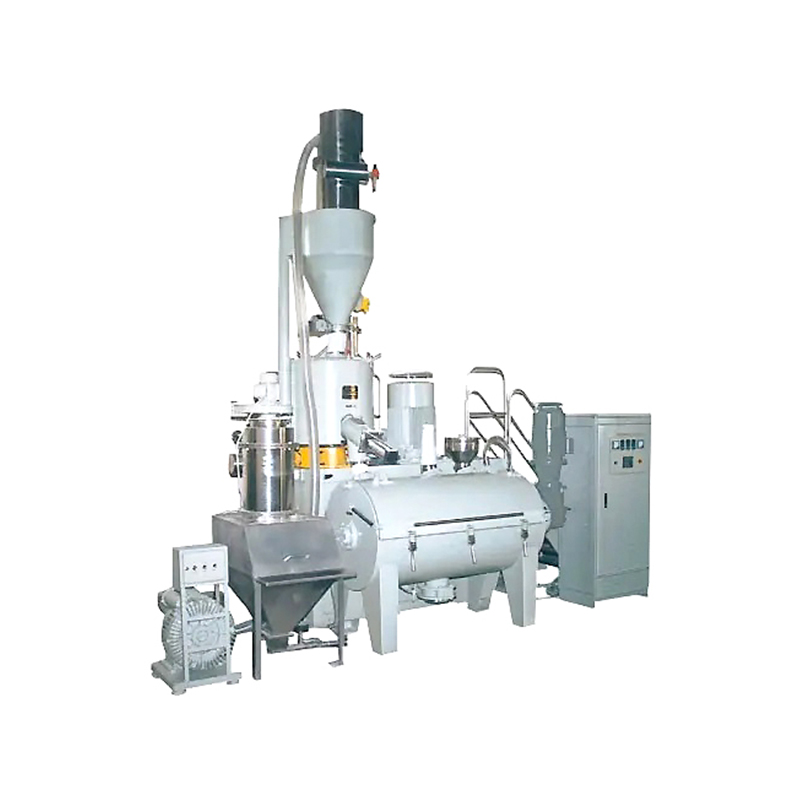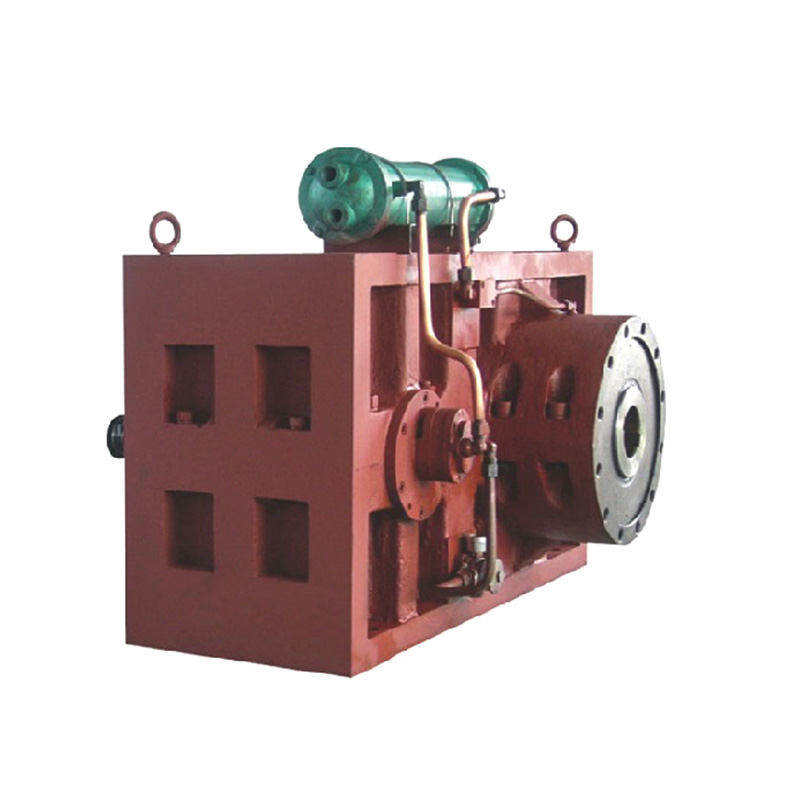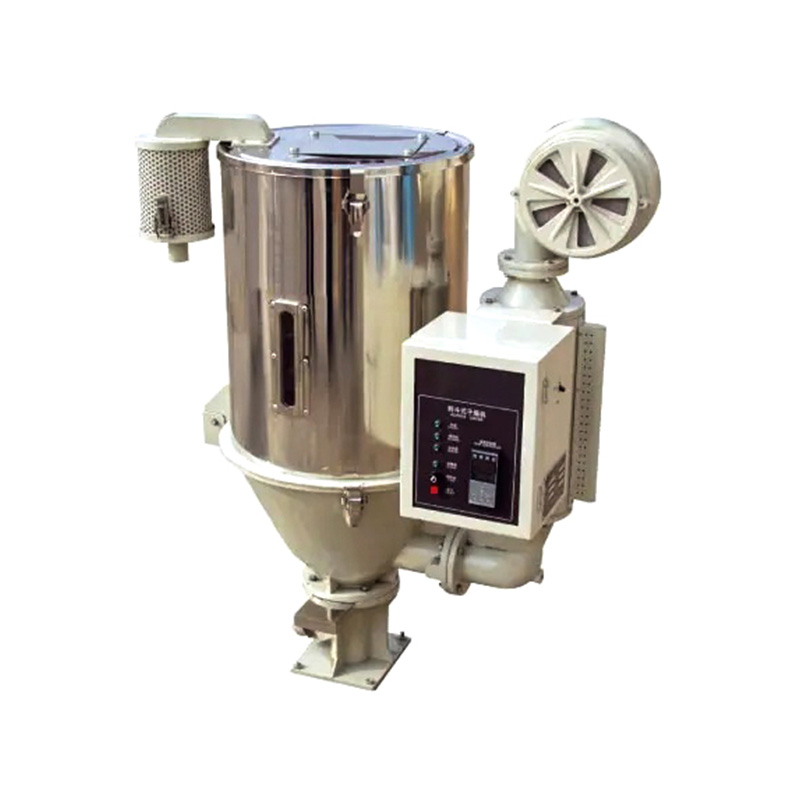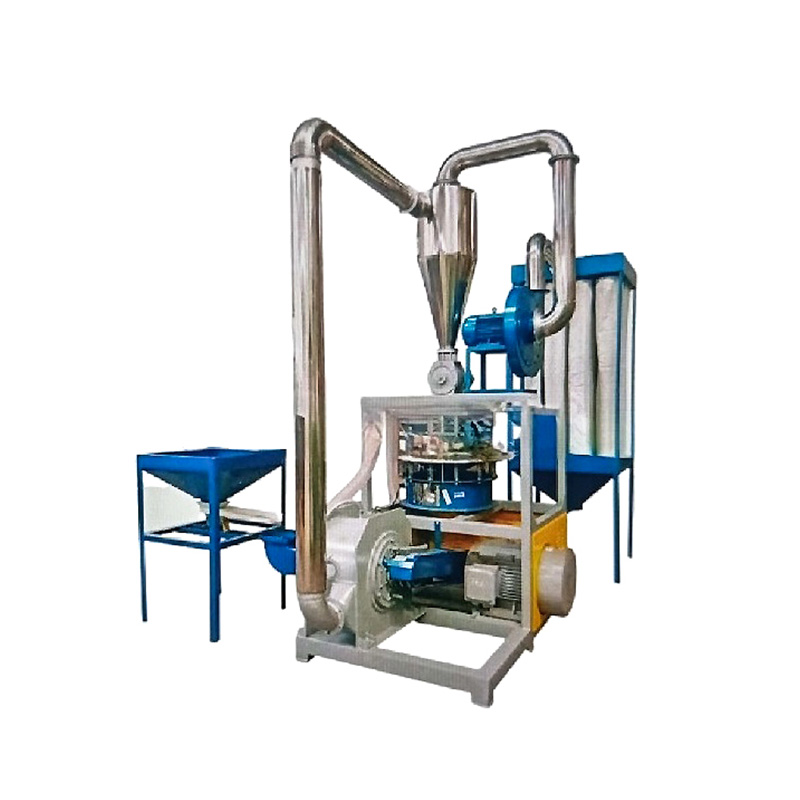Material selection for the screw barrel is paramount for several reasons that go beyond its basic functionality. The screw barrel, as a core component in extrusion and injection molding processes, experiences rigorous operational conditions, necessitating a material that can meet these demands without compromise.
Firstly, the screw barrel for extrusion machine operates under significant mechanical loads, enduring forces and torques that can be immense. The chosen material must possess exceptional strength and toughness to resist deformation and maintain structural integrity. Weak materials are prone to cracking or bending, which can lead to premature failure and downtime in production lines. Therefore, selecting a material with sufficient mechanical properties is crucial to ensure the screw barrel's longevity and performance.
Secondly, the screw barrel often operates at elevated temperatures, especially in high-performance applications. The material must exhibit excellent thermal stability, resisting thermal deformation and maintaining its dimensions even under extreme heat. Failure to do so can result in changes in the barrel's geometry, affecting the extrusion process and ultimately leading to product quality issues. Hence, a thermally stable material is essential to ensure consistent performance and product quality.
Moreover, material selection also influences the processing characteristics of the screw barrel. Different materials have varying machinability, heat treatability, and weldability, which can significantly impact the manufacturing process. Selecting a material that is easy to machine and heat treat can reduce production time and costs. Additionally, materials that are weldable allow for repairs and modifications to be carried out easily, extending the service life of the screw barrel.
Furthermore, the material choice can have a significant impact on the cost and availability of the screw barrel. Some materials may be more expensive or difficult to source, which can increase the overall cost of production. Therefore, it is essential to strike a balance between material cost and performance, ensuring that the screw barrel is both cost-effective and reliable.
In conclusion, material selection for the screw barrel is crucial as it directly affects the component's strength, thermal stability, processing characteristics, cost, and availability. Carefully considering these factors during the material selection process ensures that the screw barrel can perform reliably and efficiently over its intended lifespan, contributing to the overall success of the extrusion or injection molding process.

Web Menu
Product Search
Exit Menu
Industry News
Product Categories
Why is Material Selection Crucial for the Screw Barrel?
Recommended Products
CONTACT US AND GET A QUOTE
PRIORITY TO LEARN ABOUT OUR NEW PRODUCTS
PRIORITY TO LEARN ABOUT OUR NEW PRODUCTS
CONTACT INFO
Copyright©2023 Zhejiang Dowell Machinery Co.,Ltd. All Rights Reserved. Plastic Extrusion Machinery Manufacturers Plastic Screw Barrel Suppliers


 عربى
عربى


